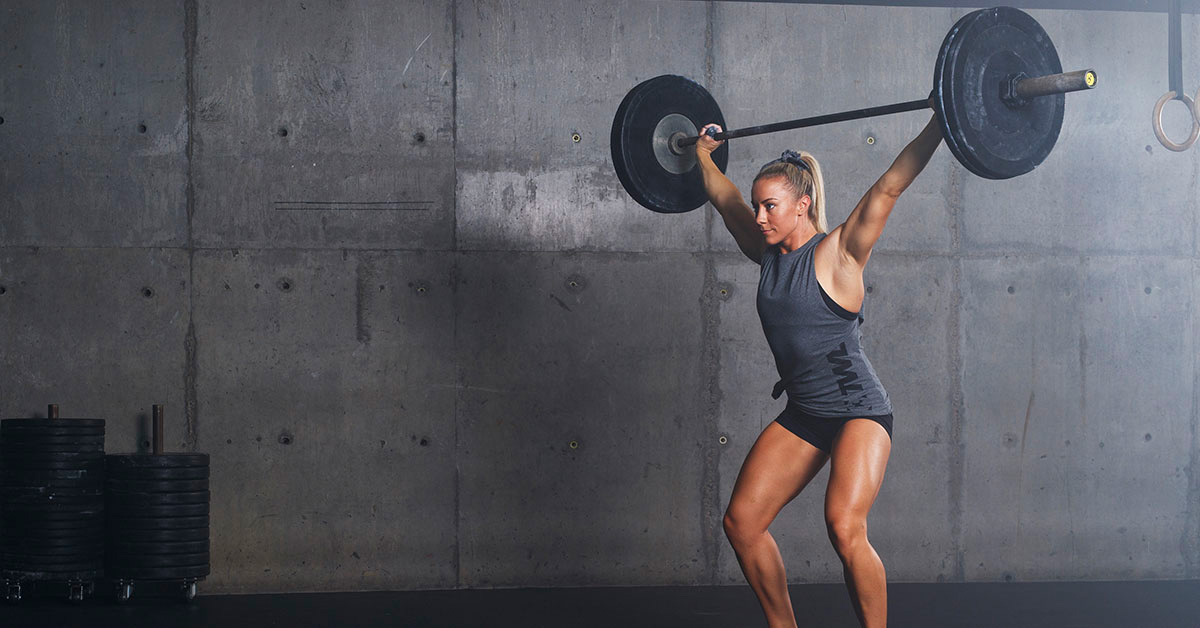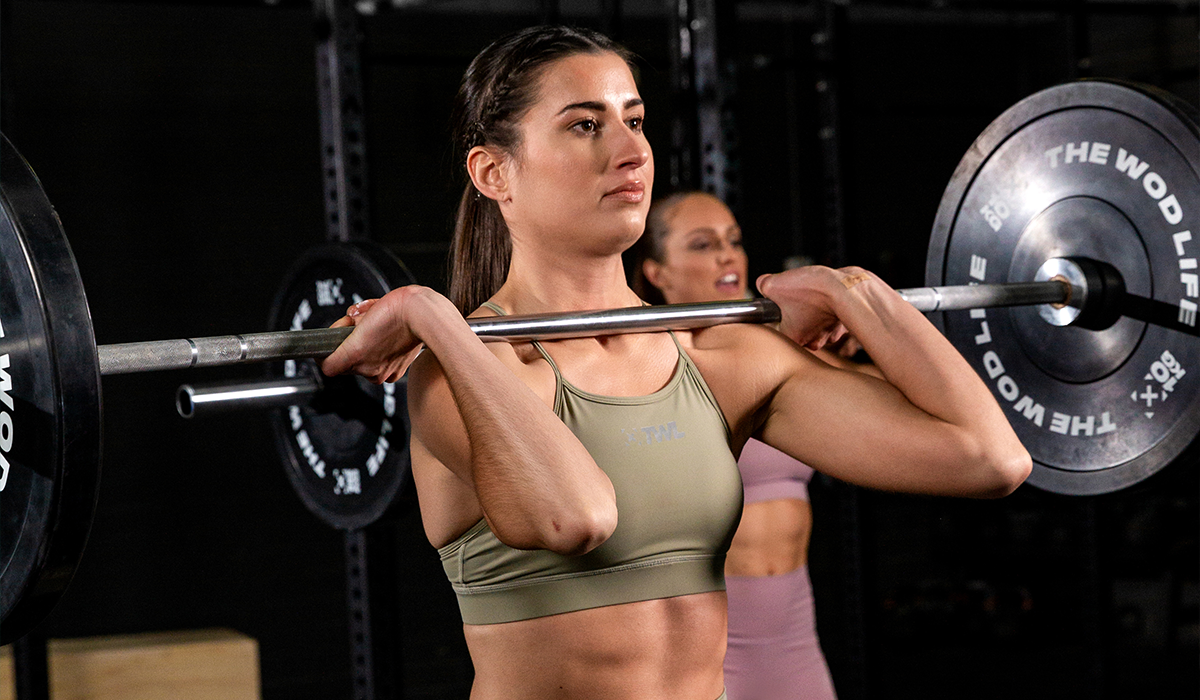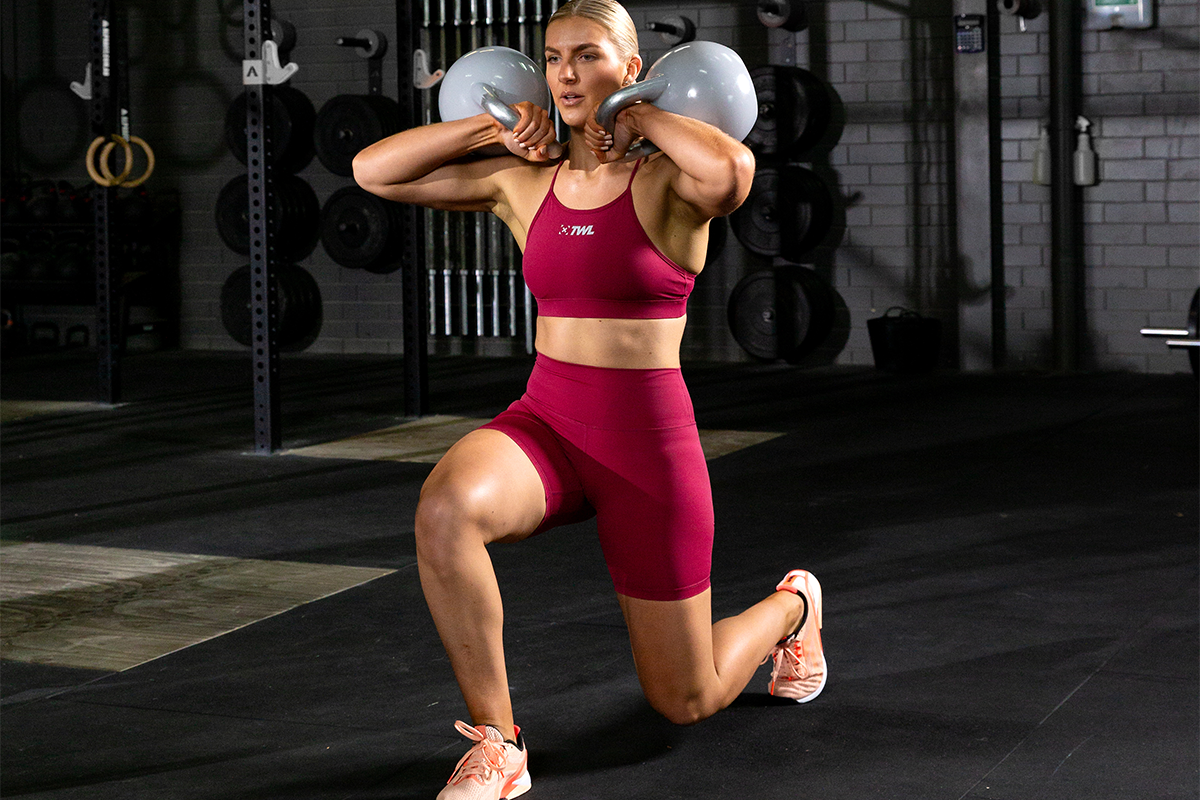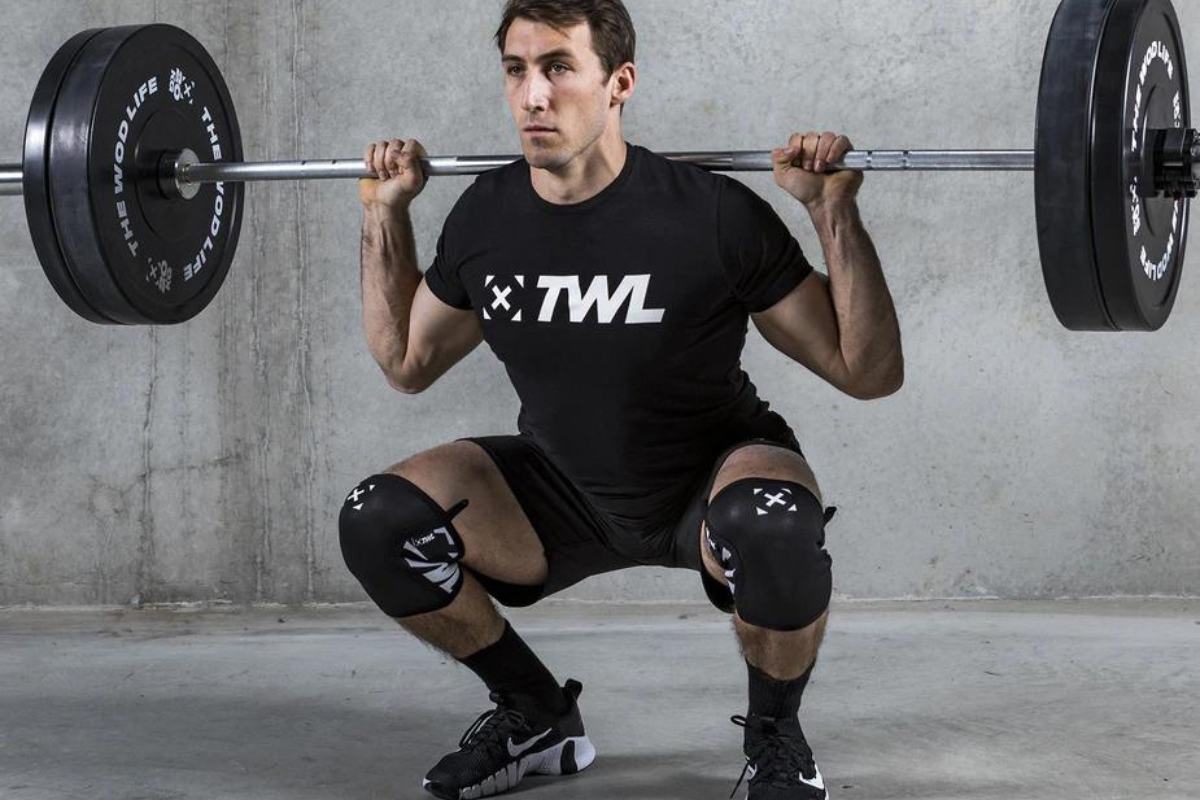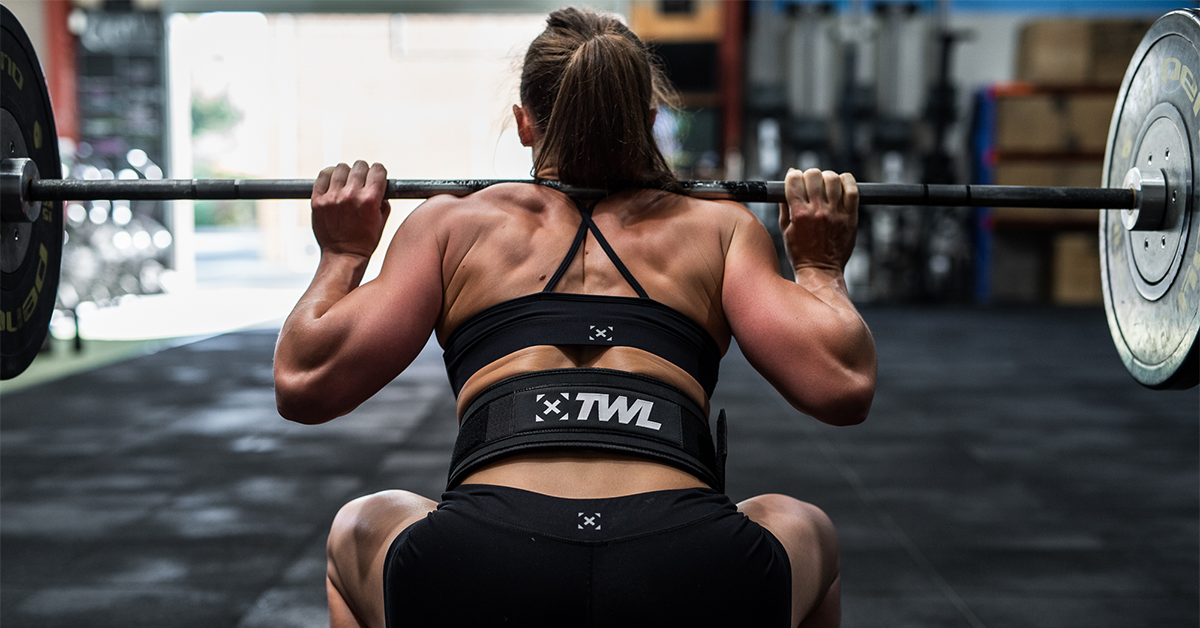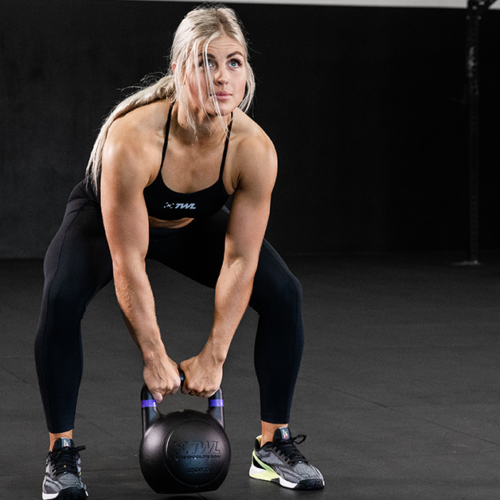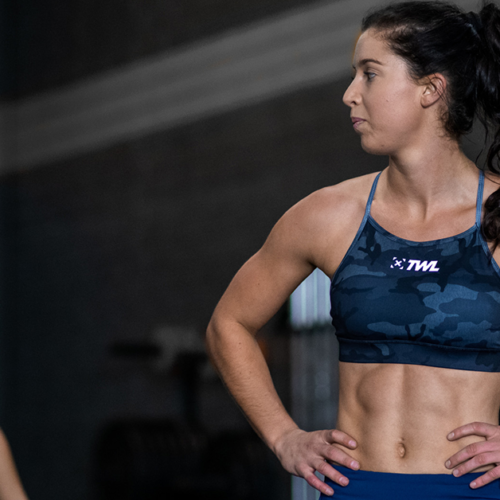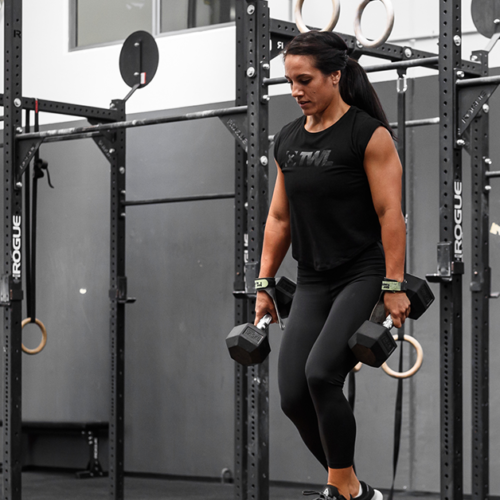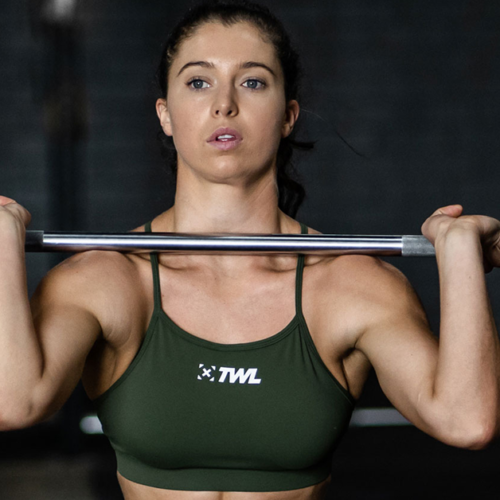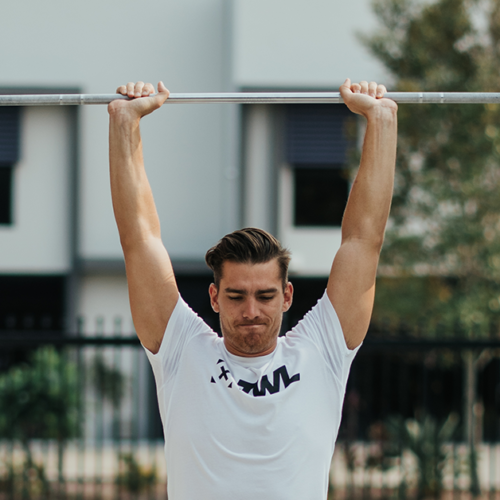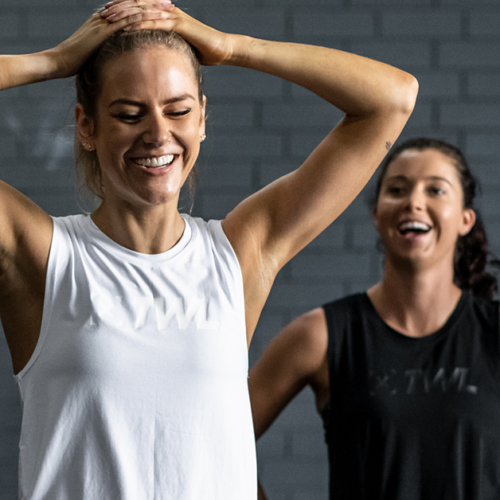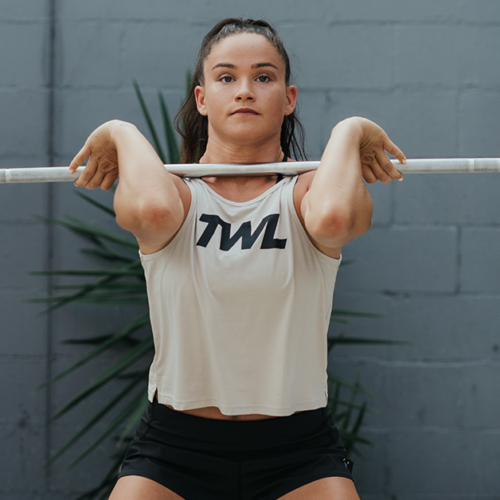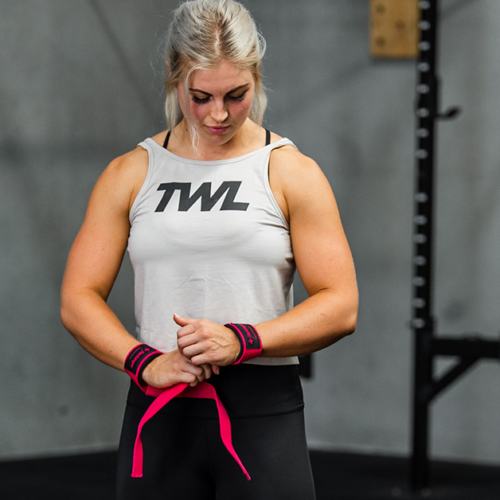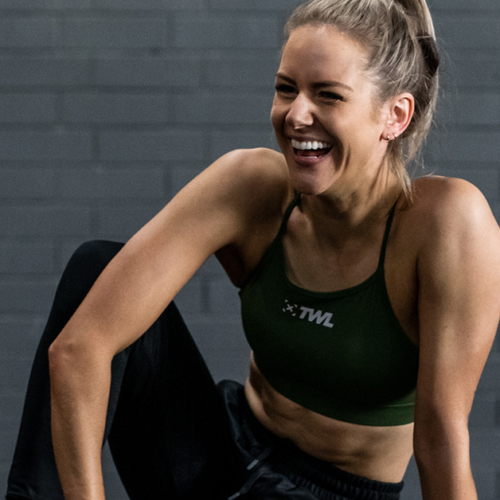Are squats bad for your knees? There are some fitness myths that just won’t die. The idea that squats are bad for your knees is one of them. Whether it’s an article telling a 50+ crowd that weighted squats “put too much pressure on the knees” or it’s your neighborhood couch potato complaining that they have a bum knee, too many people are selling — and buying — that this myth is true.
Here is the actual truth of the matter:
Squats are bad for your knees only if …
- You are squatting wrong.
- You are already injured.
- You have not properly recovered from your last squat session.
Let us dig into each of these one at a time.
https://www.instagram.com/p/CCaaf94AxXo/
The Only Times Squats Are Bad For Your Knees
1. You’re Squatting Wrong
It’s easy to think that because the squat is a functional movement that you do without thinking every time you sit down or stand up, your form is already flawless. But if your knees bother you when squatting or immediately afterward, chances are that your form is broken.
With the help of a friend, practice your air squat and check for these pitfalls:
- Your knees shoot forward with your hips not pushing back at all.
- Your knees extend so far over your toes that you find yourself leaning forward.
- Your legs cave in the lower you go instead of tracking slightly outward.
If you notice any of these issues, get to work correcting them:
- Adjust your stance to at least hip width and experiment with turning your toes out slightly (no more than 30 degrees).
- As you squat, bend at the hips first and push your butt slightly backward.
- Make sure that your knees track over your toes without overextending.
- Keep your weight evenly spread throughout your feet. Your heels should not lift off the ground and neither should the balls of your feet.
- Engage your abductors as you descend, so that as you go lower, your knees get farther from each other, pushing outward, not inward. Engage your adductors on the way up.
The idea is to change your squat from one that relies too heavily on your knees to one that spreads the effort between your knees and your hips.
https://www.instagram.com/p/CATkkQcok6f/
Quick note: Certain squat variations (the front squat, for example) are slightly more knee dominant, whereas others (the low-bar back squat) place more stress on the hips, so if you’re dealing with stubborn knee pain, you might want to reconsider your typical barbell squat. Switch it up for a little while and see if that makes a difference for your symptoms.
2. You’re Already Injured
Just to be clear, we’re not talking about that time you sprained your knee in middle school. We’re talking about a recent injury that you haven’t taken the time to properly recover from.
If you messed up your knee running an ultra marathon or catching a bad landing off a plyo box, squatting might aggravate the injury because your joint needs to rest and recuperate. Honestly, pushing through the legitimate pain to get your squat on won’t be worth lengthening your recovery period.
https://www.instagram.com/p/CAC1XCUAlSb/
If your knee isn’t working properly, your squat form will naturally suffer, which will cause other parts of your body to compensate. Those compensations could lead to some freaky imbalances and make you even more prone to injury down the road. So instead of muscling through, talk to your coach about scaling options or just take a dang rest day.
3. You Haven’t Properly Recovered From Your Last Squat Session
You did heavy squats and 150 wall balls a couple days ago, and now you’re raring to get your thrusters on. Your muscles are back to almost full force, but your knees don’t feel as cushy as usual, and every once in a while on your warm-up run, you can almost feel them click.
Maybe hold off on the thrusters.
Muscle recovery gets a lot of attention in today’s protein shake, supplement-heavy world, but your bones and connective tissue (tendons and ligaments) need time to recover, too. If they don’t get it, you could be dealing with tendonitis or bursitis in the near future.
https://www.instagram.com/p/B-nk2Y3lOFp/
If your knees are feeling stressed, do yourself a favor and unload for 24 hours (or more). Try a joint-friendly pool workout or work on strict upper body and core work. Then, when your knees have their signature bounce back, load up the barbell and squat like there is no tomorrow.
Keep in mind that squatting is one of the best things you can do for your body. In fact, coaches and experienced athletes will tell you that if you’re short on time at the gym, if nothing else, squat. It’s a compound exercise that offers countless benefits for your entire body. Stay healthy and squat.

